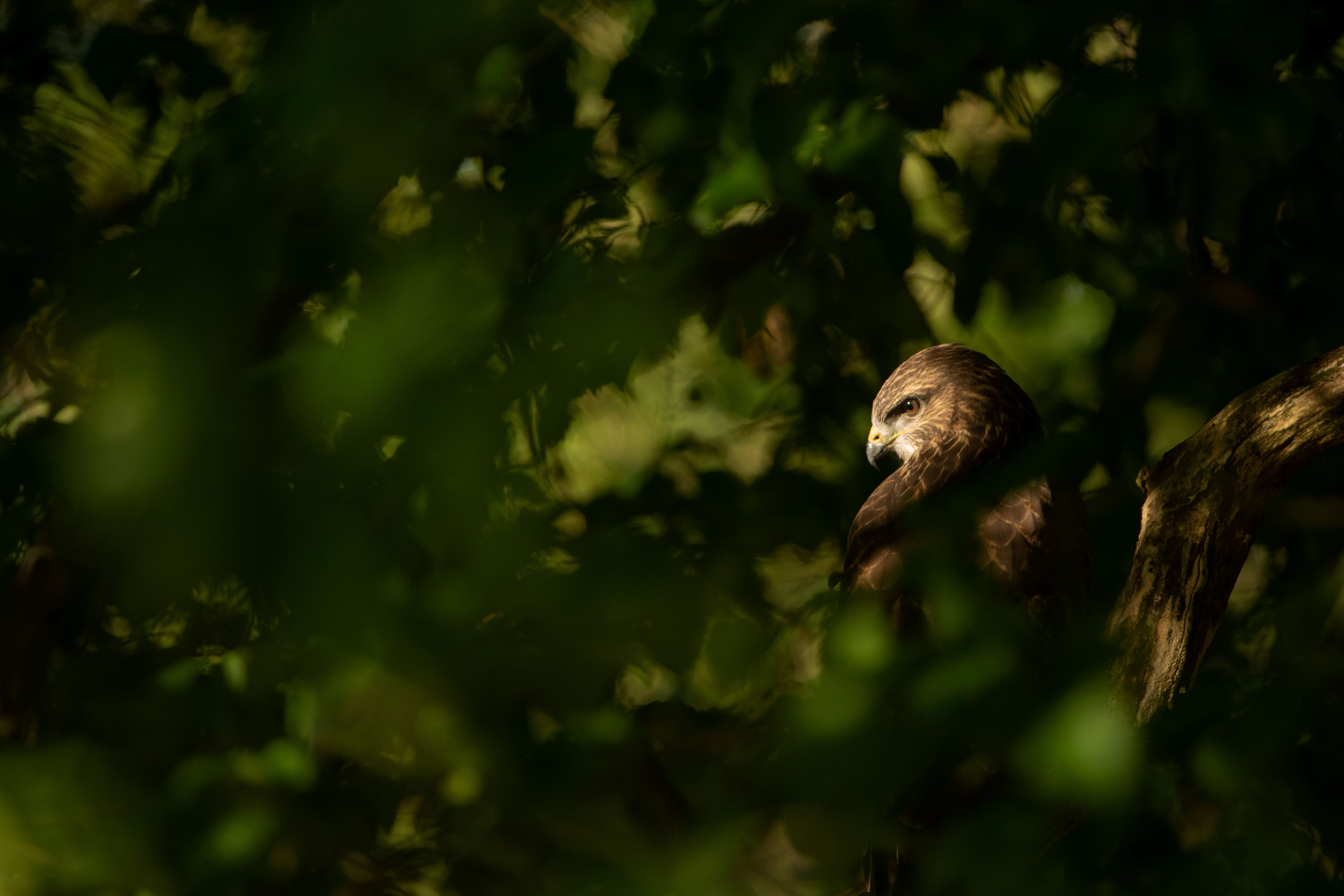Bird of prey persecution remains at ‘high level’, RSPB report warns
Dozens of birds were illegally shot, poisoned or trapped last year, the charity warned as it called for more action to protect raptors.

Dozens of birds of prey were illegally shot, poisoned or trapped in the UK last year, conservationists have said.
The RSPB’s annual bird crime report found there were 108 confirmed incidents of bird of prey persecution in the UK in 2021, with 80 in England – the second highest year for the country after a surge of cases in 2020.
The confirmed incidents included 41 shootings or attempted shootings, 32 poisonings and 18 trapping incidents, along with other cases of persecution and illegal nest destruction.
A total of 91 birds of prey were affected, including 50 buzzards, 16 red kites, seven peregrines and three goshawks, as well as a hen harrier, white-tailed eagle, golden eagle, two sparrowhawks and a number of different owls.
The RSPB warned that annual totals in the report are only the tip of the iceberg and many killings of birds of prey go undetected and unreported.
All birds of prey are protected by law but they can be at risk from illegal persecution, including from some involved in gamebird shooting who see them as a threat to stocks of pheasants, partridge or grouse shot for sport, the charity said.
The illegal shooting, trapping and poisoning of birds of prey has no place in modern society
The wildlife charity wants England to follow Scotland’s lead and bring in licensing for driven grouse shoots, and is also calling for better regulation of pheasant and partridge shoots and more enforcement of existing rules to crack down on wildlife crime.
The report said that 71% of all confirmed incidents of raptor persecution were related to land managed for gamebird shooting.
Norfolk and Dorset – two lowlands areas dominated by pheasant and partridge shoots – recorded the highest number of incidents, with 13 and 12 respectively, while Yorkshire, which has grouse, pheasant and partridge shooting, was the third highest, with 10 incidents.
Five individuals were prosecuted in 2021 for offences relating to bird of prey persecution, all of them gamekeepers, the report said.
The bird crime 2021 report also warned there has been a surge in detection of rat poison brodifacoum in birds of prey at well beyond lethal levels, suggesting the chemical is being misused to deliberately target the birds but is also posing a threat to wildlife, pets and the environment.
A rare white-tailed eagle, part of a release scheme on the Isle of Wight to bring back the once-extinct birds of prey to England, was discovered in Dorset with seven times the lethal dose of brodifacoum, the RSPB said.
Among the confirmed incidents described in the report was a golden eagle found poisoned, lying beside a dead hare laced with the same banned pesticide on a grouse shooting estate in Scotland.
In Wales, RSPB officers assisted North Wales Police in investigating a poisoned red kite and a shot buzzard and found 18 toxic pesticides, many of which are banned, stored on a pheasant shooting estate.
And a “mass grave” of at least 11 buzzards and four red kites was found down a well on a pheasant shoot in Wiltshire, the report said.
Mark Thomas, RSPB head of investigations UK, said: “The data in this report clearly show that raptor persecution remains at a sustained high level, especially in England, with over two thirds of the incidents connected to land managed for gamebird shooting.
“The illegal shooting, trapping and poisoning of birds of prey has no place in modern society.
“In a nature and climate emergency, the deliberate destruction of protected species for financial gain is completely devastating and unacceptable.”
Beccy Speight, RSPB chief executive, added: “The evidence shows that the illegal persecution of birds of prey – which is time and time again linked to gamebird shooting – is holding back the recovery of some key species.
“This year’s bird crime report is another reminder of the appalling methods deployed by some, and why there is a need for swift and effective change in our countryside.”
A spokesperson for the Environment Department (Defra) said: “We recognise the importance of tackling wildlife crime, which is why we have doubled funding for the National Wildlife Crime Unit to over £1.2 million for the next three years – supporting them to provide intelligence and advice to police forces to protect these precious animals.”
They added that Defra was considering all the recommendations of a UN report requested by the department on wildlife crime.
Adrian Blackmore, a director of the Countryside Alliance, said: “There is no excuse for the illegal killing of any bird of prey, and we unreservedly condemn all such acts and have a zero tolerance policy towards any such incident.
“While many reports of such persecution have proven to be false, the illegal killing of birds of prey continues to be carried out by a small minority of irresponsible individuals who must be condemned.”
Bookmark popover
Removed from bookmarks